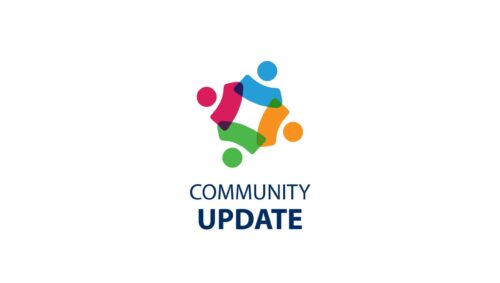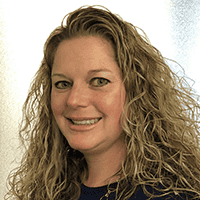Strength in Unity
Consolidating accounts can lead to a clear financial strategy.
 None of us can completely control all the things that happen to us. Yet, when it comes to achieving your long-term financial goals, including a comfortable retirement, you do have a great deal of power—as long as you follow a clear, well-defined financial strategy. And one way to help build and maintain such a strategy is by consolidating your financial accounts.
None of us can completely control all the things that happen to us. Yet, when it comes to achieving your long-term financial goals, including a comfortable retirement, you do have a great deal of power—as long as you follow a clear, well-defined financial strategy. And one way to help build and maintain such a strategy is by consolidating your financial accounts.
Over the course of their lives, many people pick up a variety of financial accounts from multiple sources. They might have a few IRAs from different providers, a couple of old 401(k) plans from past employers, an insurance policy (or two) purchased many years ago, and a scattershot of stocks, bonds, certificates of deposit and other investments.
If this picture describes your situation, you may want to think about consolidating. For one thing, having a variety of accounts can run up a lot of fees. Furthermore, you’ll have lots of paperwork to keep track of all your accounts, including several different tax statements.
Plus, just by having so many accounts, you risk forgetting about some of them—and if you don’t think you’d ever forget about your own money, consider this: Well over $40 billion in unclaimed cash and property, including 401(k)s, pensions and IRAs, is awaiting return to the rightful owners, according to the National Association of Unclaimed Property Administrators.
But beyond reducing your possible fees, paperwork and potential for lost assets, consolidating your accounts with one provider can give you a centralized, unifying investment strategy, one that can help you in the following ways:
• Diversification: If you own several different financial accounts, including IRAs, 401(k)s and online accounts, you might have many similar investments within them. You might even own a cash-value insurance policy containing investments that closely track the ones you have in the other accounts. This type of duplication can be harmful, because if a market downturn primarily affects one type of asset, and your portfolio is dominated by that asset or similar ones, you could take a big hit. But if you have all your investments in the same place, a financial professional can review your holdings and recommend appropriate ways to diversify your investment dollars. (Be aware, though, that while diversification can reduce the impact of market volatility on your portfolio, it can’t guarantee profits or protect against all losses.)
• Staying on track: With all your accounts in one place, you’ll find it easier to keep the big picture in mind and make the moves necessary to help you progress toward your financial goals. Two main actions include buying or selling investments and adjusting your portfolio to make it more aggressive or conservative, depending on your situation.
• Avoiding mistakes: If you own several separate accounts, you could see a loss in one or more of them and overreact by selling investments that could still be valuable to you. But with a consolidated investment platform, you can see more clearly that the impact of a loss may be small, relative to the rest of your holdings.
As we’ve seen, consolidating your investment accounts with a single provider can have several advantages. So think carefully about bringing everything together—you may find that there’s strength in unity.
This article was written by Edward Jones for use by your local Edward Jones Financial Advisor Carol Sumoski. Listen to Carol on our radio station, 99.9 FM SNJ Today Radio.










